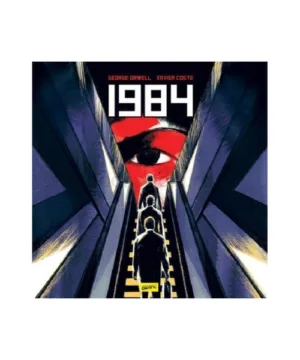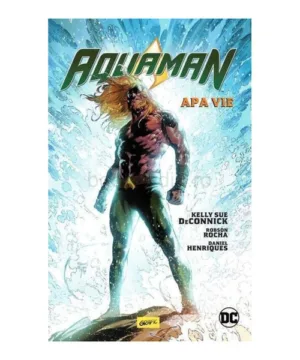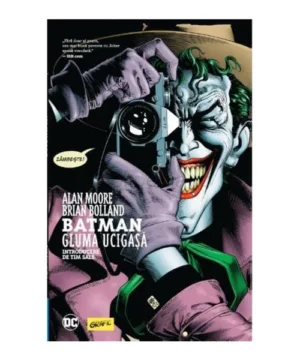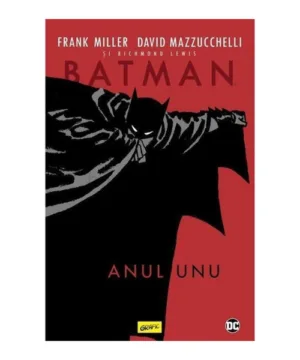Urbanitate cenzurată / Banned urbanity
24,56 lei
| Publisher | Fundația Arhitext Design |
|---|---|
| Year | 2015 |
| Language | Română, Engleză |
| Pages | 104 |
Informații suplimentare
| General | |
|---|---|
| Publisher | Fundația Arhitext Design |
| Year | 2015 |
| Others | |
| Language | Română, Engleză |
| Identification | |
| ISBN-13 | 9786069273487 |
| Format | |
| Dimensions | 24x29,5 cm |
| Pages | 104 |
| Cover | Paperback brosat |
Descriere
„Acest proiect editorial reprezintă un nou pas în seria de colaborări iniţiate de echipa Arhitext cu grupuri tinere de arhitecţi, artişti şi cercetători din România, cu un consistent demers teoretic şi critic, sensibil faţă de contextul contemporan. De data aceasta, propunerea de temă vine din partea lui Sebastian Ionescu şi a lui Dragoş Dascălu, arhitecţi şi cercetători din Cluj Napoca. În calitate de coordonatori, aceştia dezvoltă un discurs asupra ideii de urbanitate cenzurată, privită şi comentată din multiple unghiuri, prin intermediul textelor teoretice şi al proiectelor realizate de contributorii selectaţi. Cenzura urbanităţii este un fenomen din ce în ce mai pregnant al oraşelor contemporane – fie ca prezenţă difuză, fie ca manifestare concretă şi acută, precum în zonele de conflict – în strânsă legătură cu procesul accelerat de atomizare şi segregare socială. Segregarea socială (pe diferite criterii), latentă sau manifestă, poate conduce, asistată şi dirijată de politic, la diviziuni şi enclavizări teritoriale dintre cele mai dăunătoare pentru un climat urban care ar trebui să ofere siguranţă şi poate sentimentul de apartenenţă cetăţenilor. Astfel de aspecte, alături de multe altele, sunt abordate prin grupajul de texte şi proiecte structurate de către coordonatori în trei secţiuni care urmăresc fenomenul de ce(n)zură a urbanităţii, de la (posibile) rădăcini până către manifestarea formalizată a acestuia, trecând prin diferite scenarii de gestiune urbană – dintre care unele cu o difuză nuanţă (auto)ironică. Echipa Arhitext îşi exprimă încântarea faţă de această nouă colaborare şi le mulţumeşte colegilor Sebastian Ionescu şi Dragoş Dascălu, precum şi celor care au contribuit cu texte şi proiecte pentru alcătuirea acestui număr. Sperăm ca demersul nostru să încurajeze viitoare colaborări care să contribuie la schimbul vital de idei promovat de platforma Arhitext.” Redacţia Arhitext
„This editorial project represents a new step forward in the set of collaborations initiated by the Arhitext team with young groups of architects, artists and researchers from Romania, with a consistent theoretical and critical aproach and sensitivity to the contemporary context. This time, the theme has been suggested by Sebastian Ionescu and Dragoş Dascălu, architects and researchers from Cluj Napoca. In their capacity as coordinators, they have developed a discourse on the idea of banned urbanity, which has been analyzed and commented from multiple angles, by means of theoretical texts and projects realized by the selected contributors. The censorship of urbanity is an increasingly prominent phenomenon of contemporary cities, either as a diffuse presence, or as a specific and poignant one – as is the case in conflict areas – in close connection with the fast-paced process of atomization and social segregation. Social segregation (on various criteria), either latent or manifest, may lead, when assisted and guided by political forces, to territorial divisions and enclaves that are particularly damaging to an urban climate supposed to provide safety and possibly a feeling of belonging to its citizens. These issues, along with many others, are approached by the texts herein and the projects structured by the coordinators in three sections which observe the phenomenon of urban censorship / caesura from its (possible) roots to its formalized expression, passing through various urban management scenarios, some of which are slightly (self)ironical. The Arhitext team is delighted to have embarked on this new collaborative effort and wishes to thank colleagues Sebastian Ionescu and Dragoş Dascălu, as well as those who have contributed their texts and projects to the content of this issue. We hope that our endeavor will encourage other collaborations which will enrich the vital exchange of ideas promoted by the Arhitext platform.” Arhitext Editorial Team
















